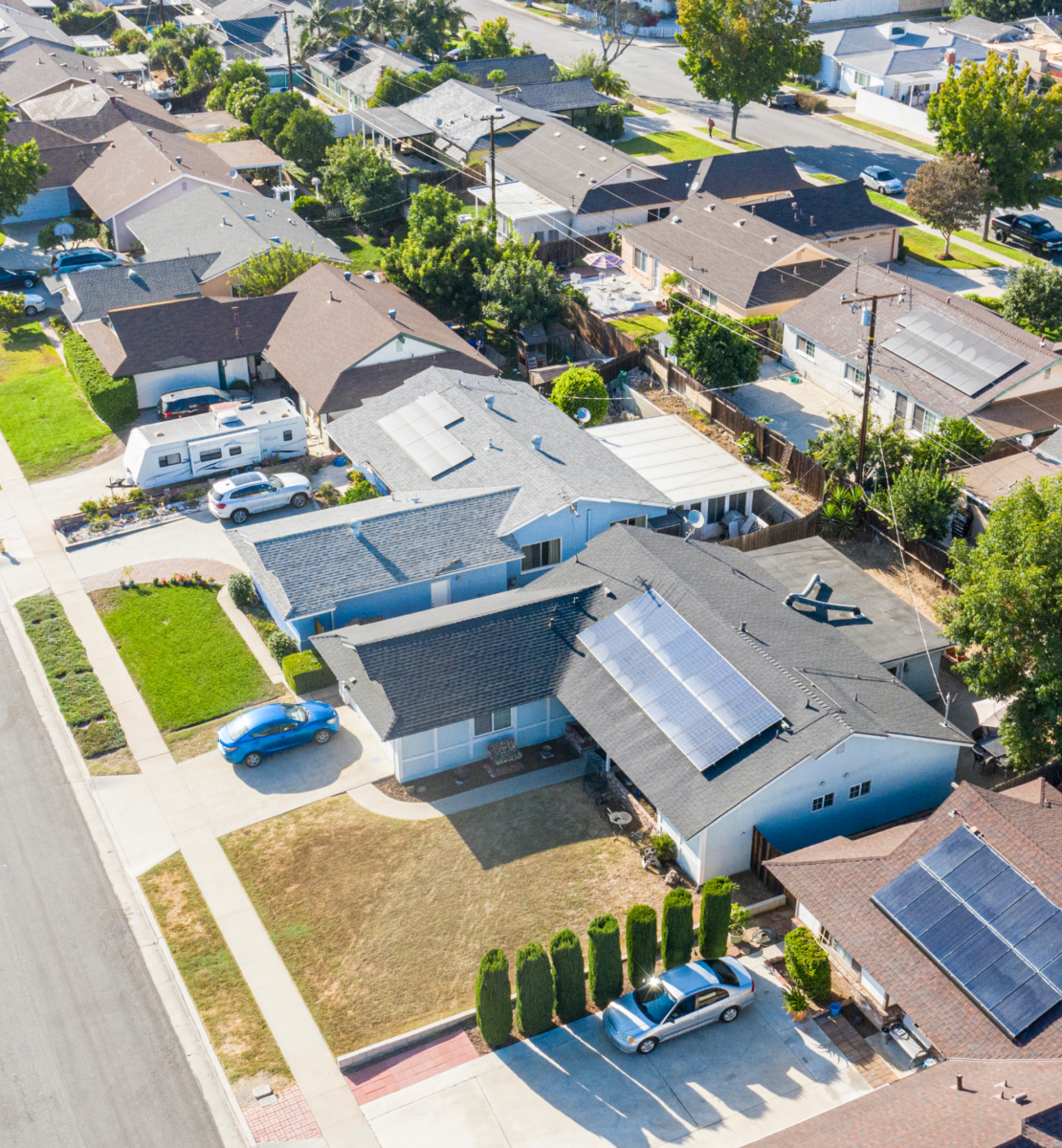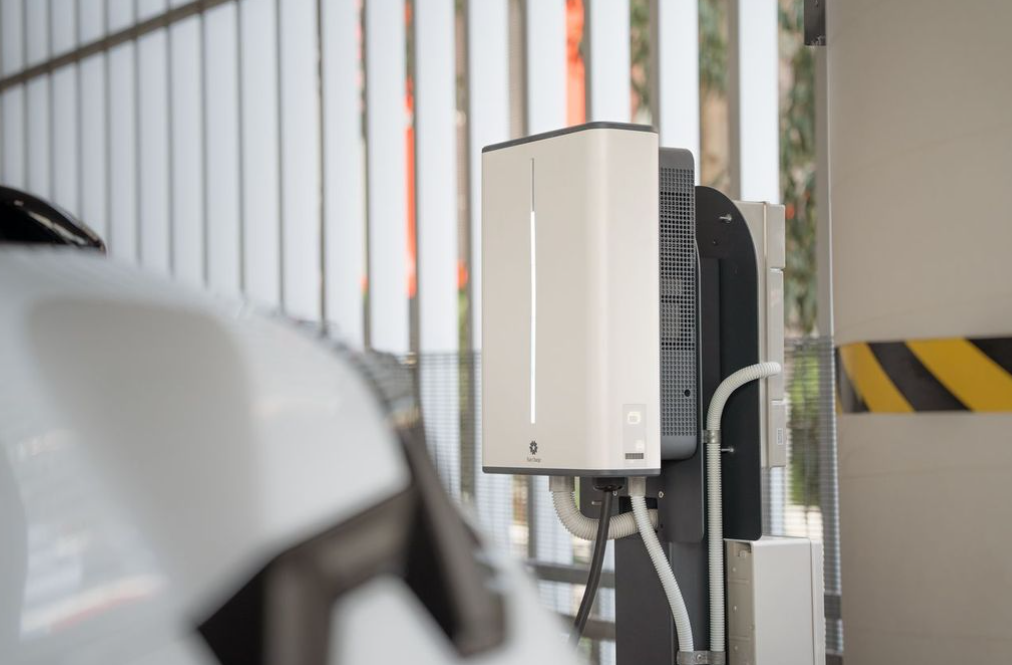As 2021 drew to a close, recommendations from a Commonwealth review of Australia’s solar industry were made into law. It marks the takeover of the federally-run Clean Energy Regulator from the industry body the Clean Energy Council in setting the eligibility requirements for, and overseeing the operation of, installer accreditation schemes and the listing of approved solar components. The shift will see the industry supervised by a regulator with real teeth.
The reforms coming into effect were recommended as part of the Integrity Review of the Rooftop Solar PV Sector, which was finally made public in September last year although it was completed long before.
The new rules are intended to improve the integrity and accountability in the federal government’s rooftop solar subsidy, the Small-scale Renewable Energy Scheme. They will come into staggered effect this year, with the first tranche commencing on 1 April 2022.
The first suit of new rules include:
- updated designer and installer written statements
- new requirements for retailer written statements
- changes to the eligibility of components, and
- provision for the agency to disqualify installers, retailers and components from participating in the Small-scale Renewable Energy Scheme.
The Clean Energy Regulator has said it will conduct webinars and provide guidance material to prepare industry for the changes in the coming months. More information on the new regulations are available here.
Victorian rules brought into effect
The Victorian government is also taking a harsher approach to energy companies, including solar companies, cracking down on what it calls “harmful” high pressure sales tactics.
The new prohibition of door-to-door sales or cold-calling came into effect on 31 December 2021 and builds on bans already in place for solar businesses under the Solar Homes Program.
“This is about improving transparency and competition in the energy retail market and ensuring that energy companies that do the wrong thing face appropriate consequences,” Victoria’s Minister for Energy, Environment and Climate Change, Lily D’Ambrosio, said.
This content is protected by copyright and may not be reused. If you want to cooperate with us and would like to reuse some of our content, please contact: editors@pv-magazine.com.









By submitting this form you agree to pv magazine using your data for the purposes of publishing your comment.
Your personal data will only be disclosed or otherwise transmitted to third parties for the purposes of spam filtering or if this is necessary for technical maintenance of the website. Any other transfer to third parties will not take place unless this is justified on the basis of applicable data protection regulations or if pv magazine is legally obliged to do so.
You may revoke this consent at any time with effect for the future, in which case your personal data will be deleted immediately. Otherwise, your data will be deleted if pv magazine has processed your request or the purpose of data storage is fulfilled.
Further information on data privacy can be found in our Data Protection Policy.